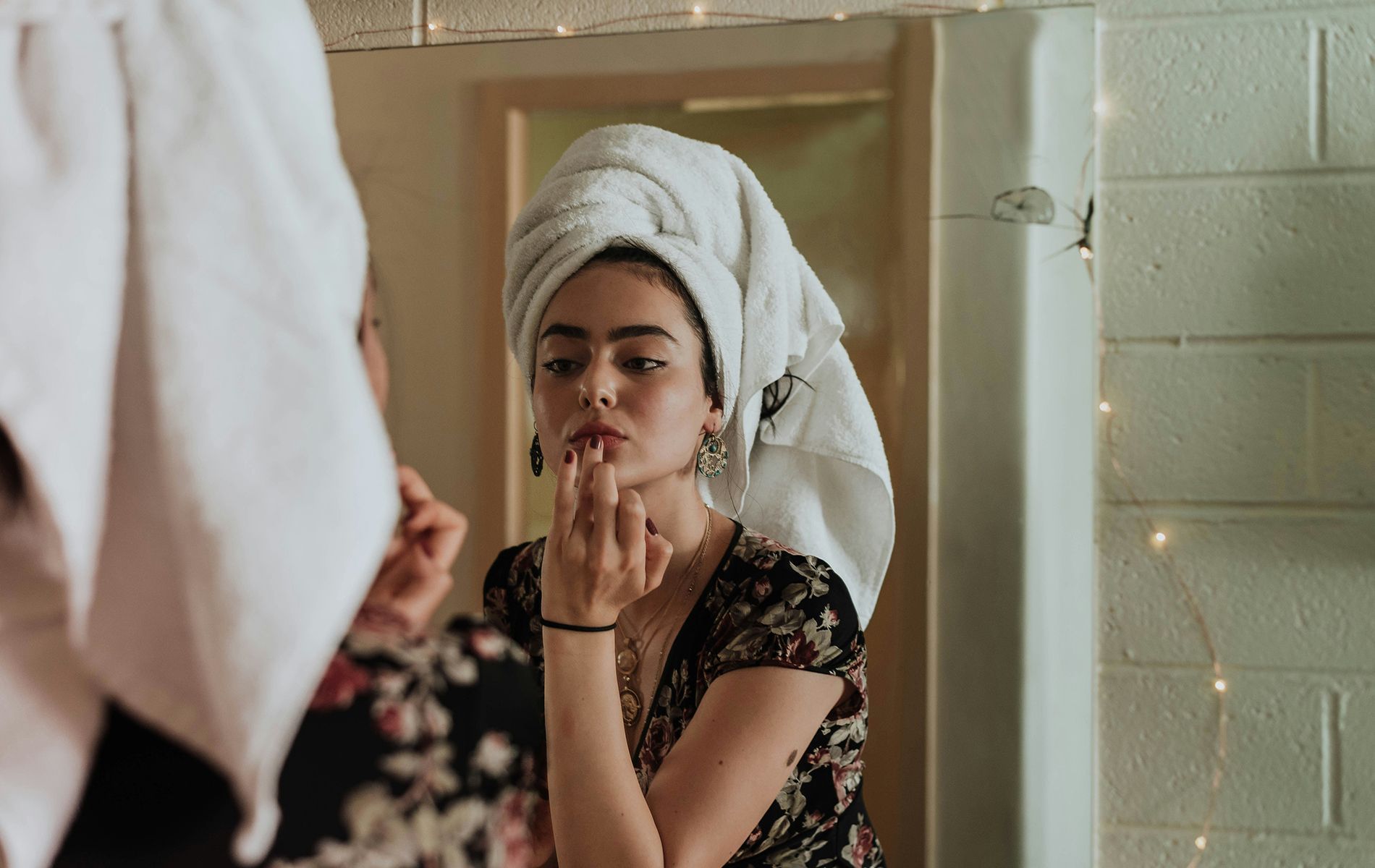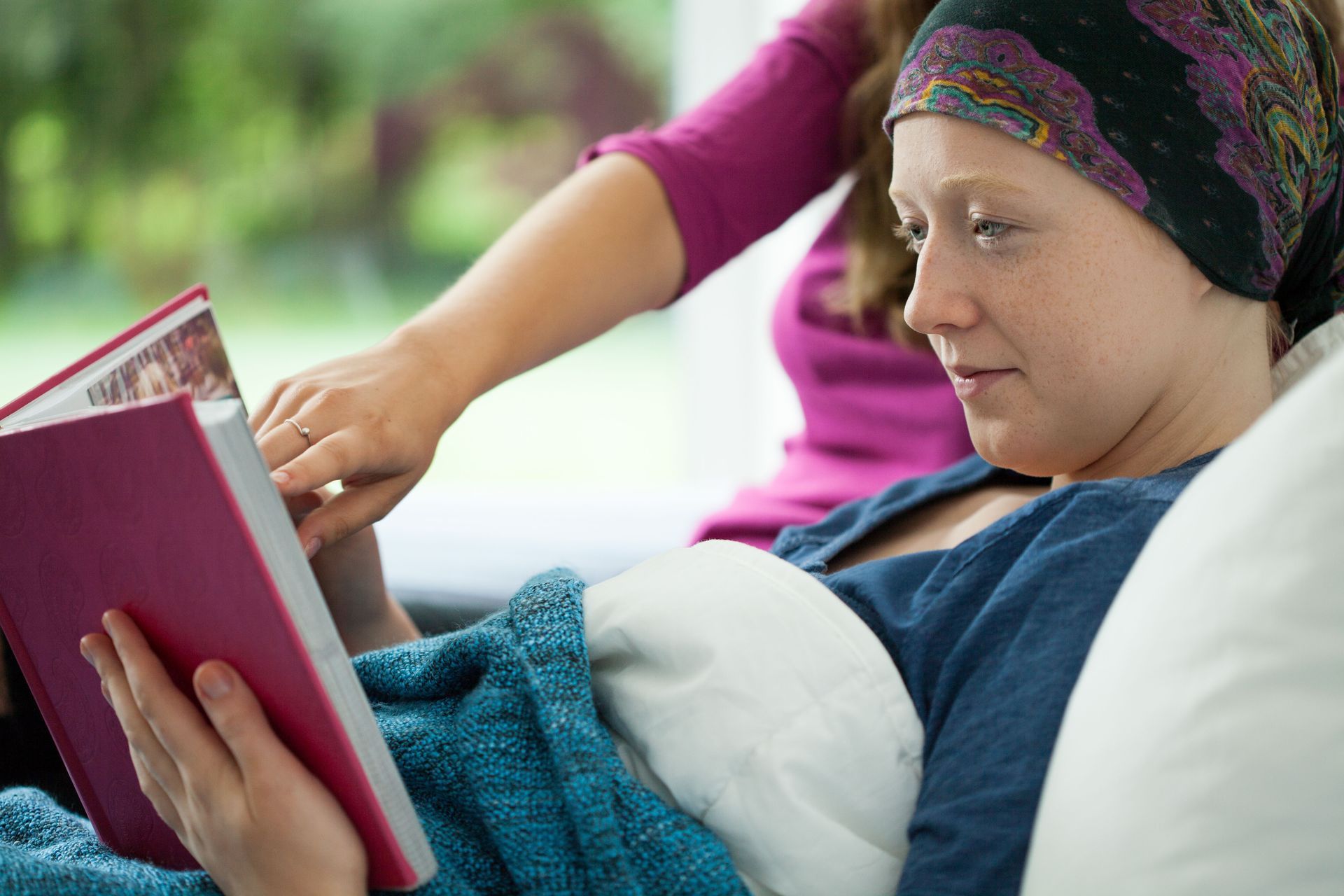How to Build a Safe Skincare Routine During Cancer Treatment
Why Skincare Matters During Treatment
Cancer therapies like chemotherapy, radiation, and immunotherapy can significantly affect your skin. From irritation and sensitivity to dryness and rashes, your skin may need added support throughout the healing process. Establishing a safe, consistent skincare routine can help soothe symptoms, protect the skin barrier, and promote overall comfort.
Keep It Simple
During treatment, a minimal routine is best.
Focus on the essentials:
- A gentle, hydrating cleanser
- A rich, fragrance-free moisturizer
- A mineral-based sunscreen if you’re exposed to the sun
Reducing the number of products you use helps limit irritation and prevents overstimulation of sensitive skin.
Choose Oncology-Safe Skincare
Kureology M.D. specializes in skincare products specifically designed for people undergoing cancer treatments. Their formulas are gentle, non-toxic, and free of harmful additives—making them ideal for protecting and hydrating compromised skin.
Avoid Harsh Ingredients
Certain skincare ingredients can be too aggressive for sensitive or damaged skin. Avoid:
- Alcohol-based products
- Retinoids or exfoliating acids
- Artificial fragrances and dyes
- Essential oils, which can trigger irritation
Always do a patch test before introducing a new product to your routine.
Moisturize Often
Consistent hydration helps maintain your skin barrier and prevents cracking or peeling. Use a moisturizer at least twice a day—especially after bathing. Look for ingredients like hyaluronic acid, ceramides, and shea butter to deeply nourish and soothe.
Protect Against UV Exposure
Radiation and chemotherapy can make your skin more vulnerable to sun damage. If you’re going outside, wear loose, protective clothing and apply a gentle, mineral-based sunscreen with SPF 30 or higher to any exposed areas.
Be Gentle in Your Approach
Use lukewarm (not hot) water when washing your face or bathing, and avoid scrubbing. Pat your skin dry with a soft towel. Stick to breathable, cotton fabrics and avoid tight or synthetic clothing that may cause friction.
Know When to Contact Your Care Team
Seek medical attention if you notice:
- Open sores or weeping skin
- Worsening redness or pain
- Rash spreading beyond the treated area
- Signs of infection (fever, pus, excessive swelling)
Early communication with your doctor can help prevent complications and speed healing.
Support for Every Step of the Journey
Your skin deserves thoughtful care during and after cancer treatment. Kureology M.D. offers a carefully developed line of products designed to nourish, soothe, and protect sensitive skin. Their commitment to safety and effectiveness makes them a trusted ally in your healing process. Reach out today to find the right skincare products to support your treatment!





Share On: